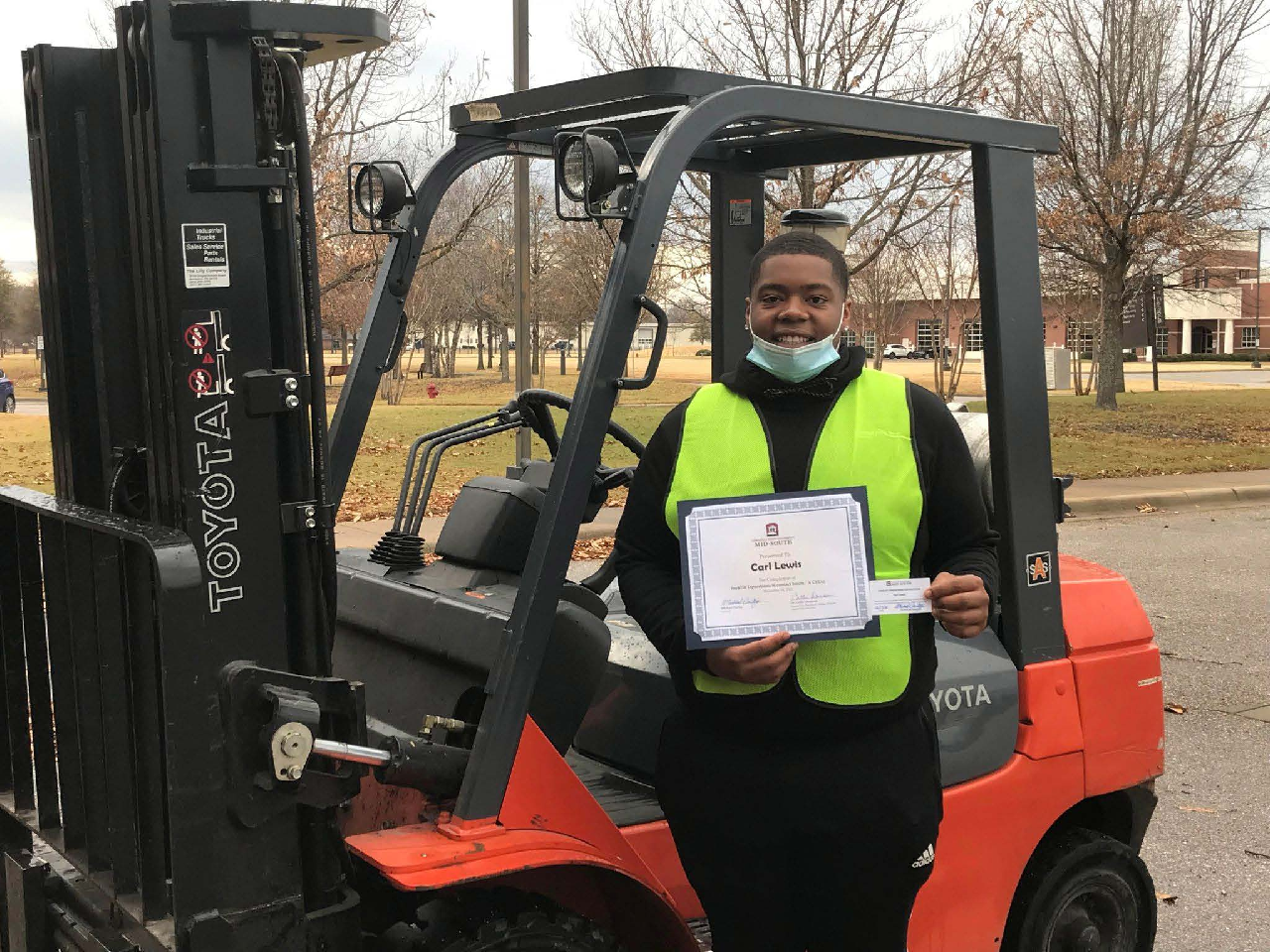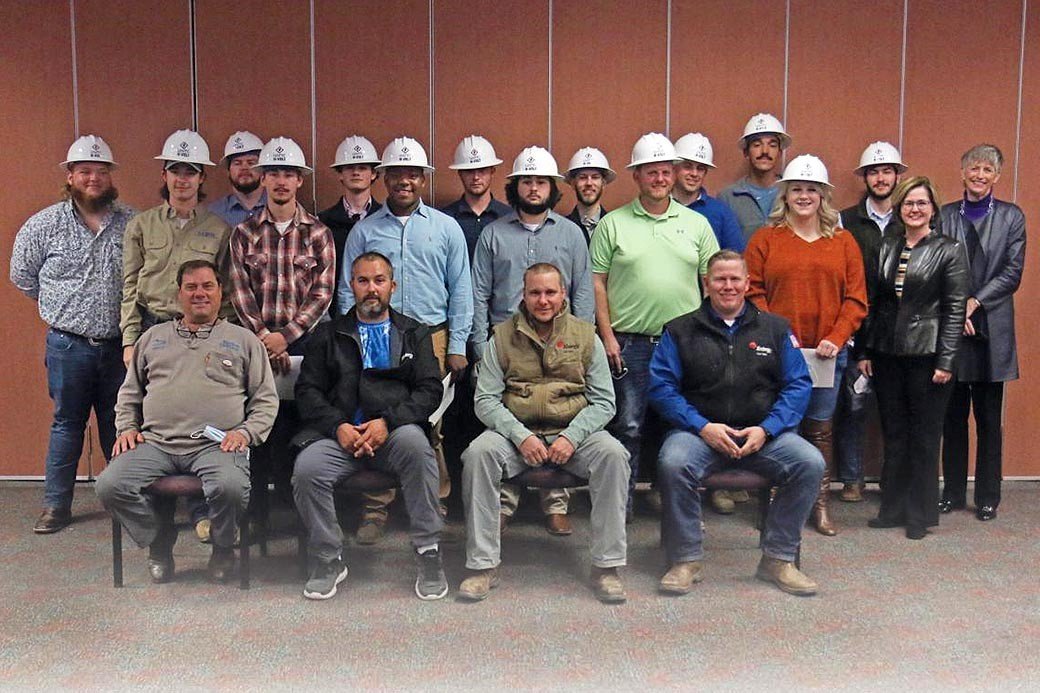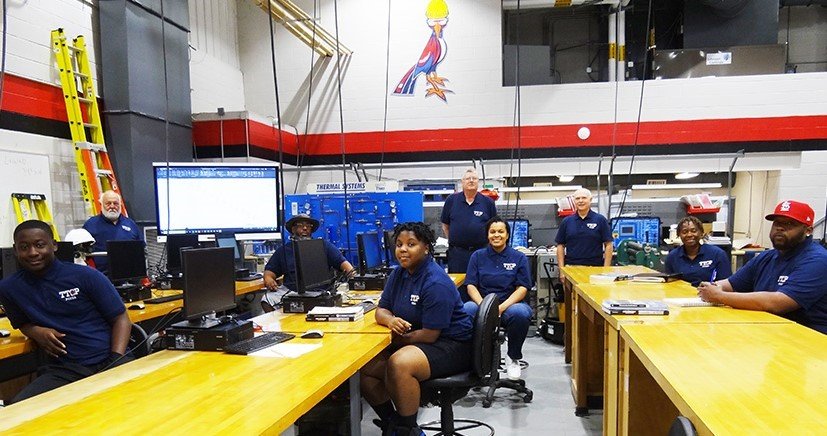Since 1997, the ACC Center for Workforce has led member colleges in promoting and expanding world-class workforce training. Through the Center, member colleges collaborate on best practices, ideas, and resources that lead to high-wage, high-demand jobs tied directly to the needs of business.
Current Initiatives
Talent Pipeline Management Academy
ACC is leading a statewide team of college and state workforce leaders in the Talent Pipeline Management Academy (TPM), funded through and facilitated by the US Chamber of Commerce Foundation. TPM trains business, workforce, and economic development leaders on a demand-driven strategy to create real career pathways for students and workers with talent pipelines aligned to dynamic business needs. TPM provides participants with a customizable framework to create solutions that directly address the challenges in building high-performing talent pipelines in their local economy.
State Financial Assistance for High-Quality Non-Degree Credentials Initiative
With funding and technical assistance from the National Skills Coalition, ACC is leading a statewide team of college, government, and business stakeholders in evaluating the impact of the Arkansas Workforce Challenge Scholarship, a state lottery funded scholarship for short-term training in health care, industry, and information technology. Through this initiative, ACC aims to:
Expand financial aid for high-quality non-degree programs.
Expand access to financial aid for high-quality non-degree programs for our most at-risk students.
Develop a quality assurance framework for high-quality non-degree programs.
Engage key stakeholders to ensure financial aid for high-quality non-degree programs are informed by community leaders.
Download the Key Findings Summary, July 2022
Rural Local Initiatives Support Corporation (Rural LISC)
ACC is partnering with Rural LISC to leverage community colleges as regional backbones to economic and workforce development. The initiative provides targeted training through a rural economic development toolkit to help community colleges and local stakeholders to:
Formalize public-private partnerships with industry, workforce investment boards and work-facing nonprofits.
Formalize data sharing agreements with local partners.
Build career pathways based on regional data.
Market and fundraise towards sustainable workforce funding collaboratives.
Catalyze employers toward co-impact.
Broadband Expansion Initiative (BEI)
ACC is the project manager for BEI, a $3.3 million dollar initiative funded through the Office of Skills Development (OSD) to train new broadband and telecommunication industry workers to close the gap in the state’s digital infrastructure. Funding supports the purchase of equipment, student and class materials, and instruction. Students will complete a 40-hour foundational course to prepare to enter a specialty course focused on underground, aerial, or tower installation. Participating colleges include the following.
ASU Three Rivers (tower)
UA Cossatot (aerial)
UA Community College at Morrilton (underground)
Transfr Virtual Reality Project
With funding through the Office of Skills Development (OSD), ACC is working to support and expand the use of the virtual reality for career exploration through short, accessible sessions and workforce training through integration of virtual training into current curriculum. In partnership with Transfr and OSD, virtual reality equipment has been deployed to 20 organizations across the state including 16 community colleges. Transfr provides data analytics to drive technical assistance, training, and sharing of best practices among organizations.
Ready for Life
Arkansas Community Colleges received $3,5 million in 2021 from the Governor’s Emergency Education and Relief fund to support workforce training programs across the state. Over the 18-month funding period, ACC member colleges trained 1,239 Arkansans in high-demand occupations such as transportation, healthcare, information technology, industry, and construction. Read more.





